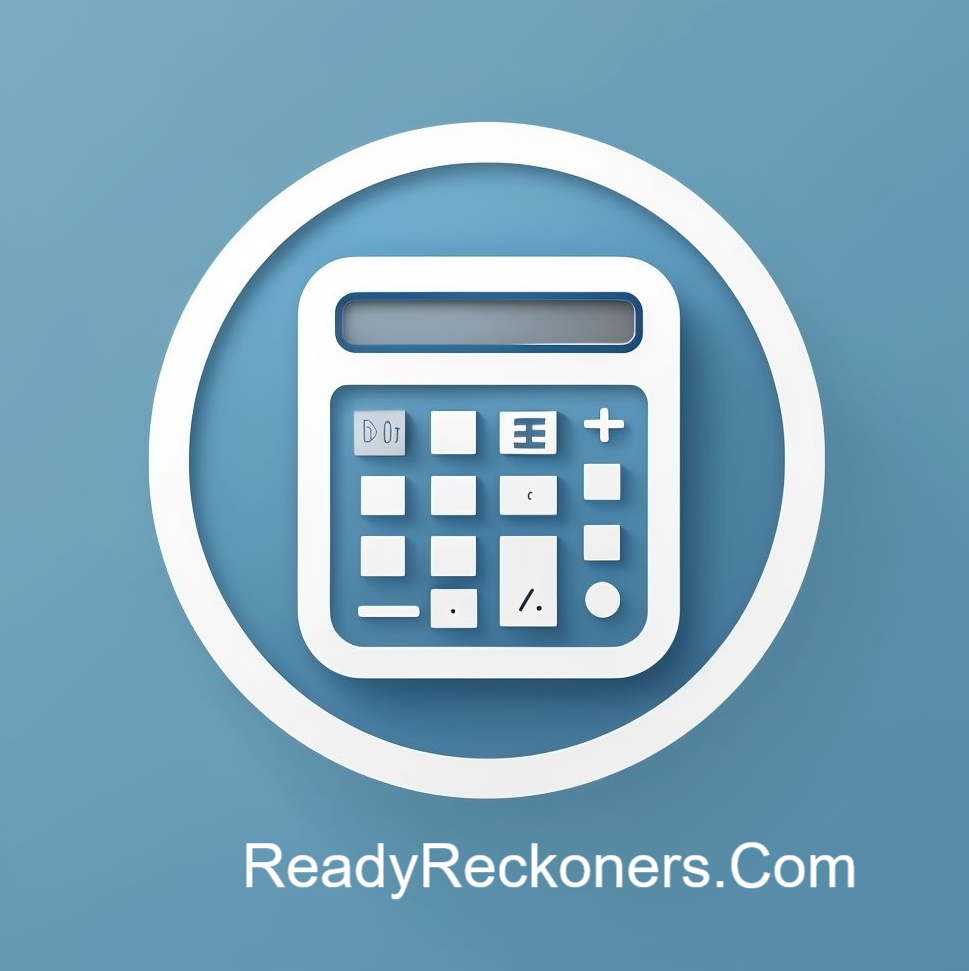
Budget Planner Calculator
Financial Terms Explained
Income: Money you receive regularly, such as wages, bonuses, or investment returns.
Expenses: Money spent on necessities and discretionary items, like rent or entertainment.
Savings: Money set aside for future needs or goals, such as emergencies or retirement.
Amortization: The process of paying off a loan through fixed payments over time, covering both principal and interest.
Smart Tips for Budgeting
- Create a detailed budget to monitor all income and expenses.
- Follow the 50/30/20 rule: 50% needs, 30% wants, 20% savings.
- Cut unnecessary expenses to boost your savings potential.
- Build an emergency fund to handle unexpected costs.
- Regularly update your budget to reflect life changes.
Mastering Your Finances with Budget Planning
Budget planning is the cornerstone of effective personal finance management. It empowers you to allocate your income wisely, ensuring you can cover your needs, enjoy some wants, and save for the future. By creating a budget, you gain clarity on your financial situation, helping you avoid overspending and achieve your monetary goals.
Start by tracking your income, which includes your salary, bonuses, freelance earnings, or investment dividends. Knowing exactly how much money comes in each month is the first step to building a solid budget. Next, list your expenses—fixed costs like rent or mortgage payments, utilities, and insurance, as well as variable expenses like groceries, transportation, and entertainment. Categorizing these helps you spot areas where you can cut back if needed.
Setting financial goals is another vital component. Are you saving for a house, a vacation, or an emergency fund? Clear objectives keep you motivated and focused. Prioritize essentials first, then allocate funds to savings and discretionary spending. This approach ensures you’re prepared for both the expected and unexpected.
Debt management plays a significant role in budgeting. High-interest debts, such as credit card balances or loans, can drain your finances if left unchecked. Incorporating debt repayment into your budget—perhaps using an amortization schedule for loans—helps you plan effectively. Strategies like the debt snowball (paying off smaller debts first) or debt avalanche (tackling high-interest debts) can accelerate your journey to financial freedom.
Flexibility is key to successful budgeting. Life is unpredictable—job changes, medical emergencies, or new opportunities can shift your financial landscape. Reviewing and adjusting your budget monthly keeps it relevant and effective. Tools like this Budget Planner Calculator can simplify the process, offering a dynamic way to input various income sources and expenses while calculating your net savings or deficit.
In essence, budget planning isn’t about restriction; it’s about empowerment. It gives you control over your money, aligning your spending with your values and aspirations. Whether you’re aiming to build wealth, pay off debt, or simply live within your means, a well-crafted budget is your roadmap to financial success. Start today, and watch how small changes lead to big rewards.
